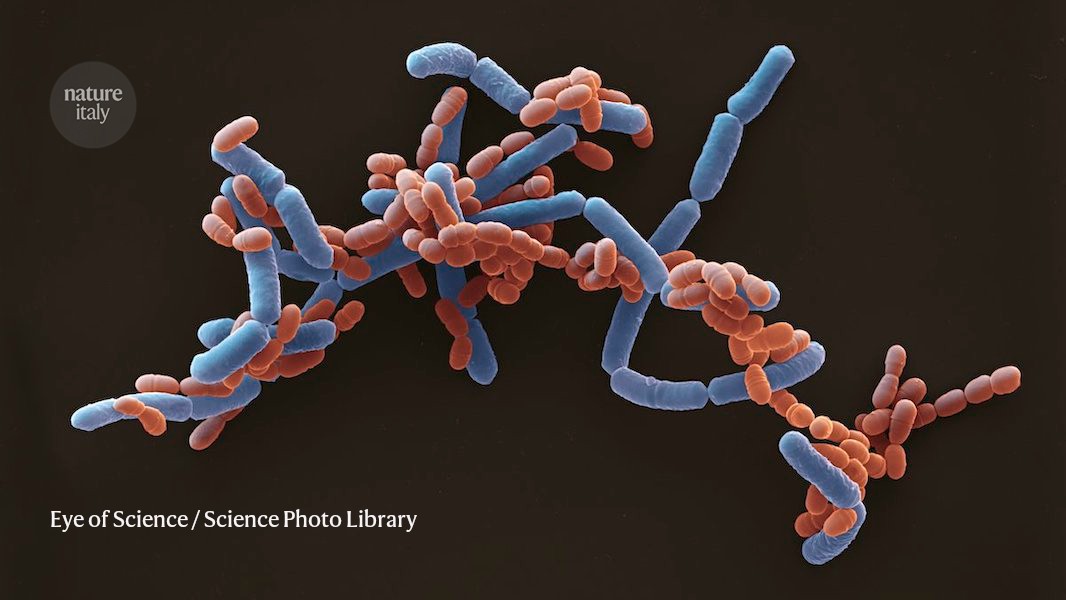Gut bacteria boost effect of immunotherapy

Play all audios:

Leggi in italiano A strain of bacteria in the intestine, called _Lactobacillus paracasei_, can enhance the effect of immunotherapy, a study has found. This bacterium causes tumour cells to
display their receptors, by affecting the human leukocyte antigen (HLA), a set of genes that encode cell-surface proteins linked to immune functions, making them 'visible' to the
immune system. This means that when molecules produced by the bacterium, known as postbiotics, are administered with immunotherapeutic drugs, treatment efficacy can be improved. “This is the
first time that the ability of postbiotics, and thus of the microbiota, to influence HLA expression on tumour cells and make the tumour more recognisable by T lymphocytes has been
demonstrated,” explains Valentina Ferrari, first author of the study, led by Maria Rescigno at the IRCCS Istituto Clinico Humanitas, and published in _Cancer Cell_1. The researchers have
shown in mouse models of colon and breast cancer that the combination of these specific postbiotics with a class of drugs called immune checkpoint inhibitors can counteract tumour growth
more effectively. “Although we have known for decades about the mechanism by which tumours evade the immune response by suppressing HLA, we have never been able to find a safe and effective
way to upregulate them,” Rescigno continues. This approach does not require the development of new drugs. In humans, microbiota metabolites can be easily administered as pills and are
classified as nutritional supplements. "The next step will be to start a clinical trial to assess whether this approach can be effective for melanoma patients to overcome resistance to
immunotherapy, exploring the possibility of administering these postbiotics in combination with immunotherapy drugs,” says Rescigno.